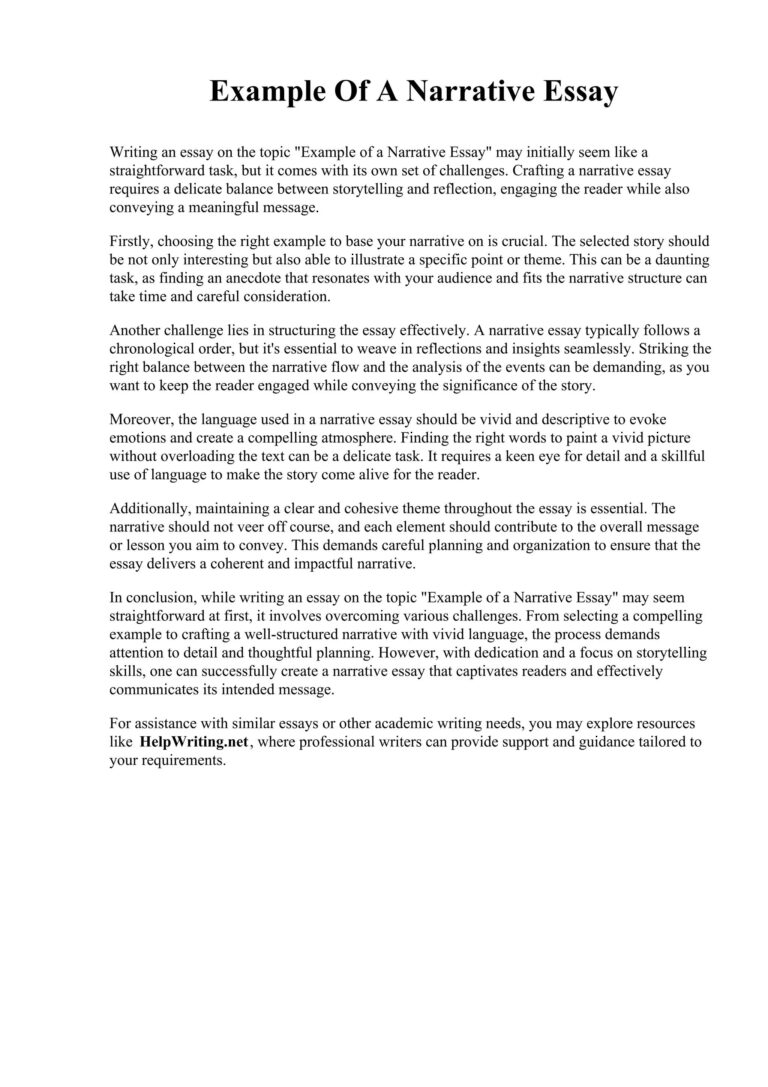Challenges Surface in Dangote’s First Dialogue with Nigerian Oil Union
In a high-profile meeting that has captured significant attention, Aliko Dangote, the influential Nigerian entrepreneur and founder of the Dangote Group, encountered considerable resistance during his inaugural discussion with Nigeria’s oil union. Intended to address persistent issues within the country’s vital oil sector, the talks quickly reached a deadlock as union representatives voiced strong opposition to Dangote’s proposals. This stalemate highlights not only the intricate dynamics of Nigeria’s energy industry but also raises concerns about labor relations amid ongoing economic and energy uncertainties. The outcome of this impasse could have far-reaching effects on investment confidence and workforce stability across Nigeria’s oil-abundant regions.
Breakdown in Negotiations: What Went Wrong?
The much-anticipated engagement between Dangote Group executives and oil union leaders was expected to pave the way for constructive negotiations but instead exposed deep-rooted disagreements. Central points of contention included:
- Compensation Concerns: Union members demanded a comprehensive review of wage structures to better reflect current economic realities.
- Workplace Safety: Calls were made for enhanced safety protocols and stricter enforcement within hazardous oil extraction environments.
- Employment Stability: Workers sought guarantees against job losses amid increasing automation and market fluctuations.
The session ended without any definitive agreements, leaving both sides entrenched in their positions. While Dangote’s representatives expressed openness toward continued discussions, skepticism remains high among union officials who cite unmet commitments from prior engagements. This unresolved conflict threatens operational continuity in one of Africa’s largest oil-producing nations, where labor unrest could severely disrupt production and economic growth.
Diving Deeper: Core Issues Driving Worker Discontent
The dialogue shed light on several fundamental grievances held by Nigeria’s oil workforce-issues that extend beyond mere negotiation tactics into matters affecting their livelihoods directly. Foremost among these is an urgent demand for improved working conditions encompassing robust safety measures and adequate protective equipment tailored for high-risk tasks.
The unions also emphasized fair remuneration aligned with inflationary pressures impacting living costs nationwide. Additional critical demands include:
- Job Security Amid Technological Change: Employees fear displacement due to digitalization trends sweeping through global energy sectors.
- Mental & Physical Health Coverage: Advocacy for expanded healthcare benefits that incorporate mental health services alongside traditional medical care.
- Lifelong Learning Opportunities: Calls for continuous professional development programs aimed at equipping workers with skills necessary to adapt effectively (see related training initiatives).
| Main Concern | User Feedback |
|---|---|
| Livable Wages | “Our pay must truly reflect our dedication amidst rising expenses.” |
| Sustained Employment | “Technological progress should not jeopardize our jobs.” |
| Comprehensive Healthcare | “We require full coverage including mental wellness support.” |
A Path Forward: Strategies for Effective Engagement Among Stakeholders
This recent deadlock underscores an urgent need for deliberate strategies fostering collaboration between all parties involved-Dangote Group leadership, union representatives, and government regulators alike-to prevent further escalation.
- Candid Communication Channels : Develop transparent platforms enabling open exchange where concerns can be aired without fear or misunderstanding .
- < b >Scheduled Progress Reviews : Implement regular meetings designed specifically around tracking negotiation milestones while addressing emerging challenges promptly .
- < b >Joint Problem-Solving Sessions : Facilitate workshops encouraging cooperative approaches towards shared obstacles , promoting mutual understanding .
- < b >Responsive Feedback Systems : Establish mechanisms allowing stakeholders’ sentiments to be continuously monitored , ensuring adaptive responses .
Additionally , cultivating trust through empathy remains paramount : recognizing each party ‘ s legitimate interests fosters goodwill essential during complex negotiations . Key elements include : Â
- < strong > Negotiation Empathy : Acknowledging human factors behind positions helps bridge divides.
- < strong > Unified Objectives : Identifying goals beneficial across groups encourages collective commitment.
- < strong > Neutral Mediation Support : Engaging impartial facilitators can ease tensions when talks stall.
Stakeholder & Role & Contribution Primary Interest & Focus Area Potential Input / Action Plan Â
Â
Â
Â
Â
Â
Dangote Group
Corporate Leadership & Investment Driver"Operational Excellence"
Efficiency & Innovation Priorities"Capital Infusion into Advanced Technologies"
Modernizing Infrastructure & ProcessesNigerian Oil Union
Worker Representation Body"Employee Welfare"
Safety & Job Security Advocacy"Skill Enhancement Programs"
Training Initiatives Supporting Workforce AdaptabilityGovernment Agencies
Regulatory Oversight & Policy Enforcement
Ensuring Compliance & Sector Stability
Policy Frameworks Supporting Fair Labor PracticesConclusion: Insights Into Ongoing Challenges And Prospects Ahead
The inconclusive outcome from Aliko Dangote’s initial engagement with Nigeria’s prominent oil unions signals enduring complexities within this crucial sector. Both factions have articulated clear stances regarding compensation fairness, workplace safety enhancements, job security assurances amidst technological shifts, as well as comprehensive health benefits inclusive of mental wellness support.
The absence of consensus reflects broader systemic challenges facing Nigeria’s petroleum industry-a cornerstone underpinning national revenue streams yet vulnerable due to labor unrest risks.
As observers monitor developments closely over coming weeks-and given recent data indicating that disruptions in Nigerian crude output could impact global supply chains-the imperative lies in sustained dialogue marked by transparency,
,and willingness toward compromise. While obstacles remain formidable,the foundation laid by this initial conversation may catalyze more productive exchanges essential not only for safeguarding worker rights but also securing long-term growth trajectories within one of Africa’s most pivotal economic sectors.







